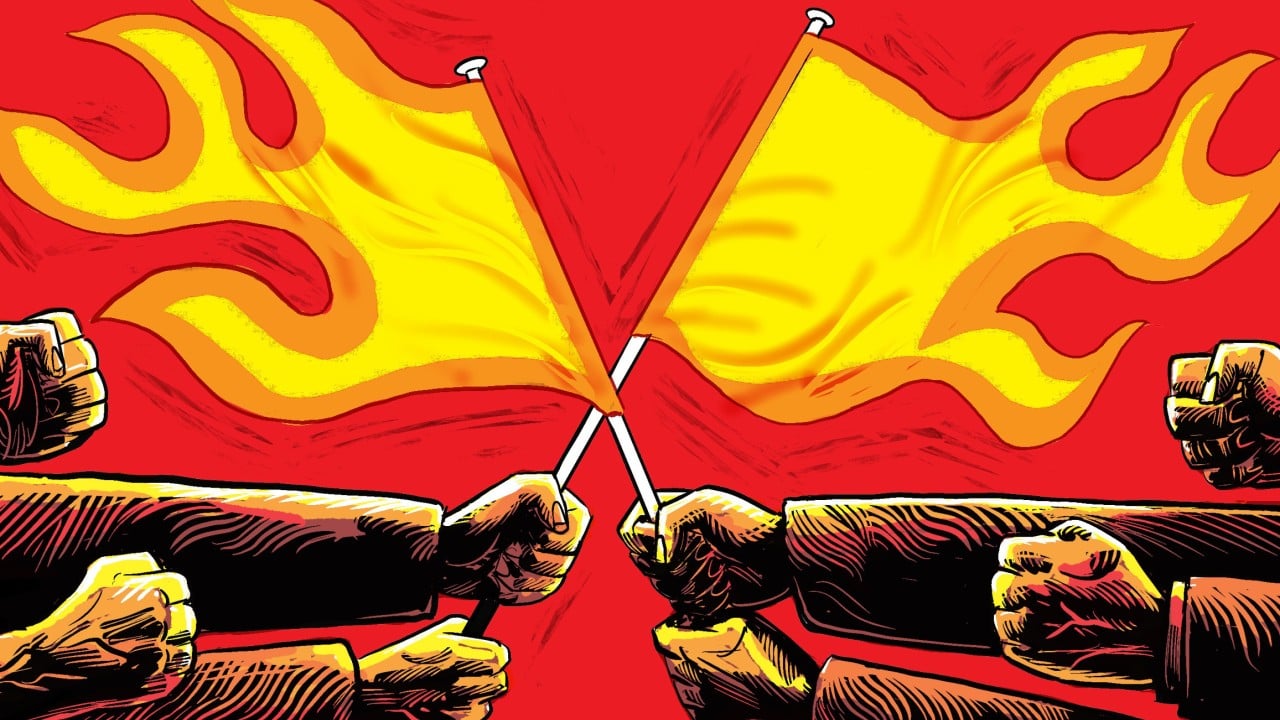A young Winston Churchill once warned: “The wars of peoples will be more terrible than those of kings.” In our current moment, this warning feels less like prophecy and more like diagnosis. Across the globe, nationalism is no longer a quiet undercurrent; it is a dominant force shaping identities, policies and personal destinies. And nowhere is this more visible than in the two most influential powers of our time, the United States and China.
Advertisement
In the US, the death of Charlie Kirk, a young conservative, has triggered political and cultural fallout and marks a disturbing milestone. The suspect, even younger than Kirk, represents a generation raised in the digital trenches of ideological warfare. This was not merely a tragic act of violence – it was a rupture in the American psyche. It forces us to confront a deeper question: are we entering an era where the passions of the people, unmoored from institutions, will drive us towards more terrible conflicts than ever?
American nationalism is deeply personal. It is rooted in the mythos of liberty, individualism and moral exceptionalism. From the founding fathers to modern populist movements – and as amplified by Hollywood, mass media and the algorithmic echo chambers of social media platforms – patriotism is often expressed as a belief that one’s values are inseparable from the nation’s destiny.
This form of nationalism is volatile. It thrives on personal grievance, elevates the individual to ideological warrior and erodes the space for compromise. The aftermath of Kirk’s assassination – firings, online abuse, even disputes over flag protocol – reveals a society where political identity has become existential. The American flag itself, once a unifying symbol, now serves as a litmus test of allegiance. Similarly, flags have become an issue in the United Kingdom’s summer of discontent.
In contrast, China’s nationalism is more structured and collective. It emphasises unity and shared purpose. Patriotism is a civic responsibility. The national narrative, shaped by historical experience and cultural continuity, encourages alignment with broader societal goals.
Advertisement
This model offers a kind of cohesion that many democracies struggle to maintain. It is strategic, deeply rooted in historical memory and often framed around aspirations for national rejuvenation. Yet beneath this order lies a rigidity that can stifle dissent and suppress pluralism. The Communist Party’s emphasis on harmony often comes at the expense of heterodoxy.

